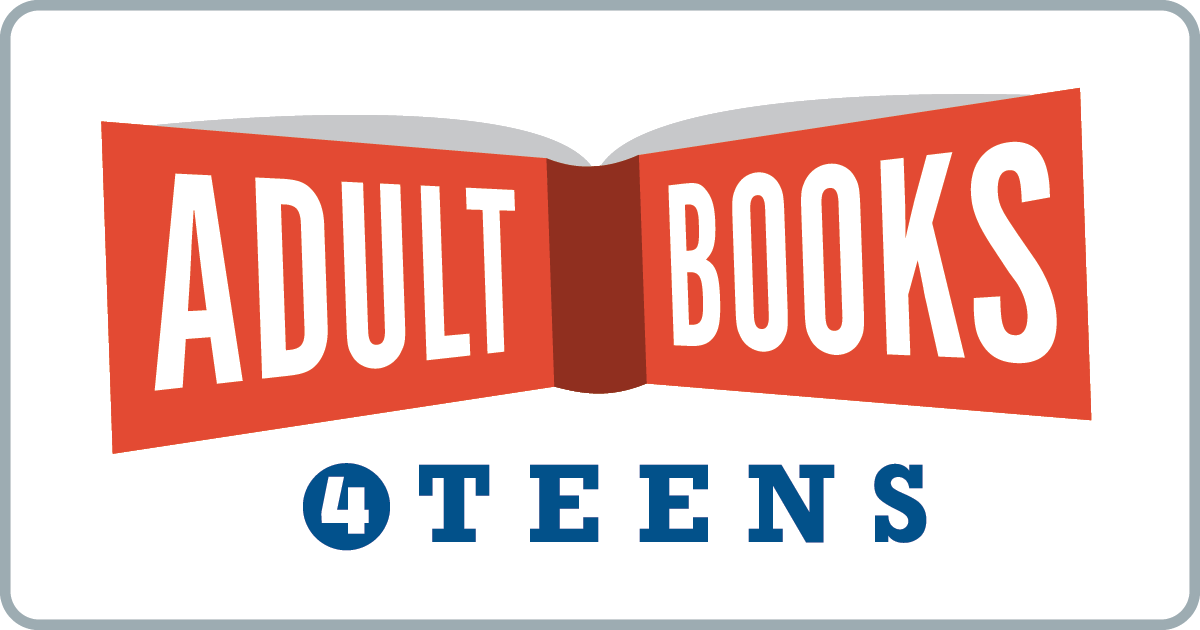SCROLL DOWN TO READ THE POST
Unexplored History
Today we look at two fabulous historical fiction works exploring historical periods unfamiliar to most Americans. First up is a starred review of Michelle Moran’s Rebel Queen, which tells the story of the Indian Rebellion of 1857. Specifically, it tracks the exploits of Rani Lakshmi, the queen of a smallish kingdom in northern India called Jhansi, and her heroic efforts to recruit two armies–one male, one female–to stand up to the truly formidable British army. Moran tells the story from the unique perspective of Sita a highly trained member of the Queen’s personal bodyguard. Readers of all ages can enjoy the novel without knowing the history, but it may well induce them to look further into the seemingly bottomless pit of atrocities perpetuated by the British Empire.
Sophia Nikolaidou’s The Scapegoat looks at another neglected war–the Greek Civil War of 1946-49, a war fought immediately following World War II to determine which side of the Cold War Greece would ultimately take. Even more specifically, Nikolaidou uses the real story of the unsolved murder of an American journalist, which ocrcurred during the war, as a lens through which to view the politics and history of both the Greek Civil War and the recent financial crisis. If that sounds a little dry, it’s true that sometimes the modern American reader (particularly teens) may be slightly confused and put off by the history involved, but the novel is anything but dry. The center of the novel is a charming high school student who will be familiar to many teens: a smart boy who has realized that school (and college) might not be all it’s cracked up to be. This teen, Minas, guides the reader through the historical and political morass and the reader should come out of it caring more about both Greece and Minas.
ADVERTISEMENT
ADVERTISEMENT
* MORAN, Michelle. Rebel Queen. 368p. Touchstone. Mar. 2015. Tr $26. ISBN 9781476716350. LC 2014026037.
 In 1919, Sita is an old lady when she begins to write her memoir—a story of bravery in the face of the brutality of the British Conquest of India. In this narrative, mostly unfamiliar to Westerners, she describes her life as part of the Durga Dal, the cadre of highly trained young women tasked as personal guards to Queen Lakshmi, of the Kingdom of Jhansi. Living during a time and in a culture where women were hidden away in their homes, allowed to leave only under cover of clothing and carriage, the women of Queen Lakshmi’s Durga Dal not only walk openly on the streets, they carry weapons and participate in important decisions as advisors to the Queen. Lakshmi herself is a unique ruler, a capable Queen who walks the fine line of diplomacy during contentious times. Teens who know very little about the history of India will be surprised by the grueling tests Sita faces to become a guard—handling weapons, skills of strength, as well as cleverness and education. Passing this difficult test, Sita is assured a future that saves her from one with few choices. And because her father insisted she learn English, the protagonist is able to assist Lakshmi in navigating the murky waters of British culture. Readers will be shocked by the merciless actions the British take against the Indians, and the bravery it takes for Queen Lakshmi to stand up to the far better equipped British army.—Connie Williams, Petaluma High School, NY
In 1919, Sita is an old lady when she begins to write her memoir—a story of bravery in the face of the brutality of the British Conquest of India. In this narrative, mostly unfamiliar to Westerners, she describes her life as part of the Durga Dal, the cadre of highly trained young women tasked as personal guards to Queen Lakshmi, of the Kingdom of Jhansi. Living during a time and in a culture where women were hidden away in their homes, allowed to leave only under cover of clothing and carriage, the women of Queen Lakshmi’s Durga Dal not only walk openly on the streets, they carry weapons and participate in important decisions as advisors to the Queen. Lakshmi herself is a unique ruler, a capable Queen who walks the fine line of diplomacy during contentious times. Teens who know very little about the history of India will be surprised by the grueling tests Sita faces to become a guard—handling weapons, skills of strength, as well as cleverness and education. Passing this difficult test, Sita is assured a future that saves her from one with few choices. And because her father insisted she learn English, the protagonist is able to assist Lakshmi in navigating the murky waters of British culture. Readers will be shocked by the merciless actions the British take against the Indians, and the bravery it takes for Queen Lakshmi to stand up to the far better equipped British army.—Connie Williams, Petaluma High School, NY
 As a high school student looking to graduate in the midst of the financial crisis—in Greece no less—Minas Georgiou abandons his plans to study for the exams which would send him on to higher education, figuring that his prospects are minimal no matter what he does. All of the adults around Minas do everything they can to persuade him to take his exams, except for his favorite teacher, Souk, who takes an entirely different tack. Souk asks Minas to spend the time he would have used studying preparing a research paper on a controversial murder case from 1948, during the Greek Civil War. Minas throws himself into the task, with the help of his journalist father, and the novel quickly develops two plotlines: one following Minas’s slow awakening throughout the school year, the other following his investigation of the crime. The case involves an American journalist who was murdered and a Greek journalist named Gris who was railroaded into confessing to the murder. The two plots end up having surprising connections, both small-scale—a number of characters from the murder case are involved in Minas’s present day life—and large scale—such as the political resonances between the Civil War and the financial meltdown. VERDICT: Teen readers may be challenged by the healthy doses of Greek politics, history, and philosophy; but they will be rewarded by the tender coming-of-age tale—including a beautiful love story—and the fascinating “cold case” mystery.—Mark Flowers, John F. Kennedy Library, Vallejo, CA
As a high school student looking to graduate in the midst of the financial crisis—in Greece no less—Minas Georgiou abandons his plans to study for the exams which would send him on to higher education, figuring that his prospects are minimal no matter what he does. All of the adults around Minas do everything they can to persuade him to take his exams, except for his favorite teacher, Souk, who takes an entirely different tack. Souk asks Minas to spend the time he would have used studying preparing a research paper on a controversial murder case from 1948, during the Greek Civil War. Minas throws himself into the task, with the help of his journalist father, and the novel quickly develops two plotlines: one following Minas’s slow awakening throughout the school year, the other following his investigation of the crime. The case involves an American journalist who was murdered and a Greek journalist named Gris who was railroaded into confessing to the murder. The two plots end up having surprising connections, both small-scale—a number of characters from the murder case are involved in Minas’s present day life—and large scale—such as the political resonances between the Civil War and the financial meltdown. VERDICT: Teen readers may be challenged by the healthy doses of Greek politics, history, and philosophy; but they will be rewarded by the tender coming-of-age tale—including a beautiful love story—and the fascinating “cold case” mystery.—Mark Flowers, John F. Kennedy Library, Vallejo, CA
Filed under: Historical Fiction
About Mark Flowers
Mark Flowers is the Young Adult Librarian at the John F. Kennedy Library in Vallejo, CA. He reviews for a variety of library journals and blogs and recently contributed a chapter to The Complete Summer Reading Program Manual: From Planning to Evaluation (YALSA, 2012). Contact him via Twitter @droogmark
ADVERTISEMENT
SLJ Blog Network
2024 Books from Pura Belpré Winners
In Memorium: The Great Étienne Delessert Passes Away
Winnie-The-Pooh | Review
Finding My Own Team Canteen, a cover reveal and guest post by Amalie Jahn
The Classroom Bookshelf is Moving
ADVERTISEMENT
ADVERTISEMENT







